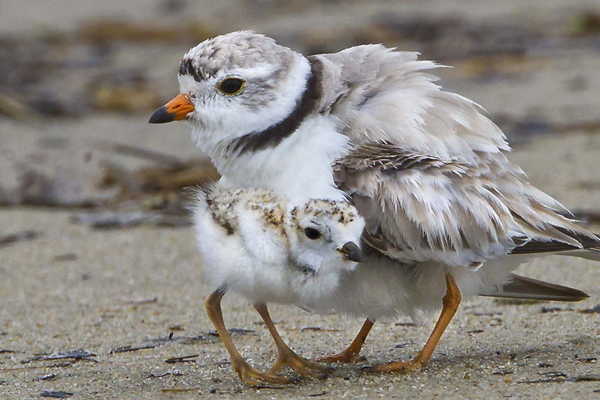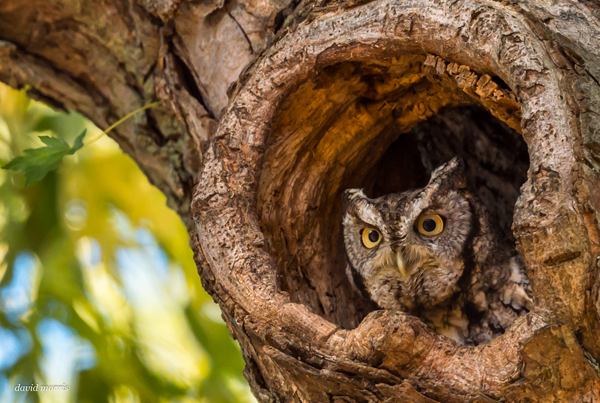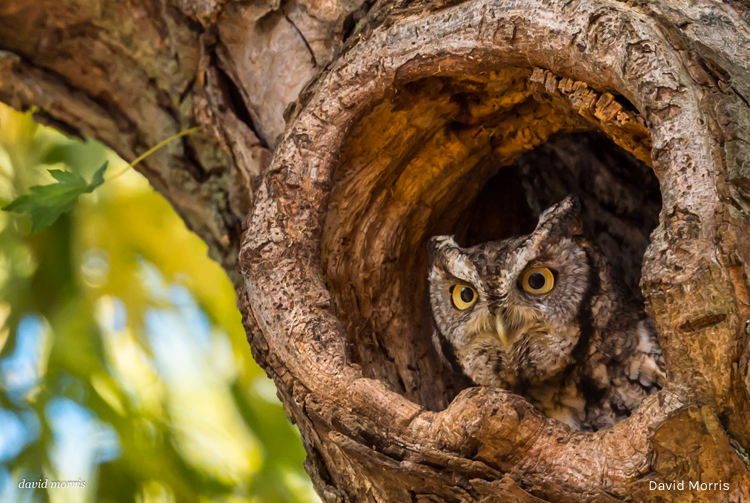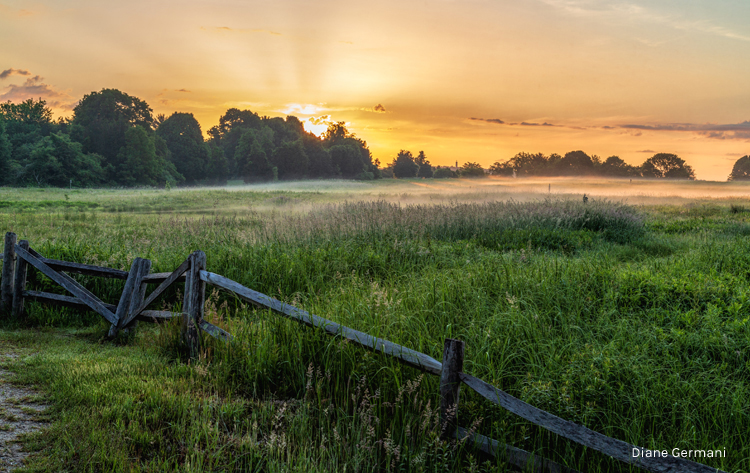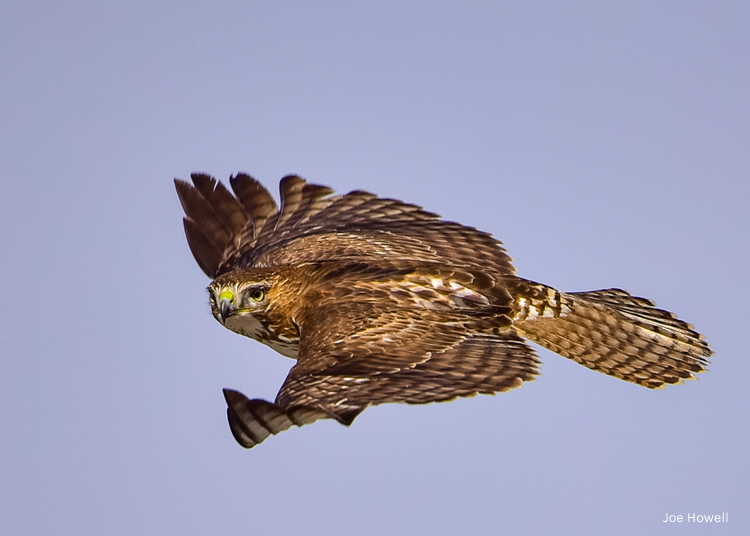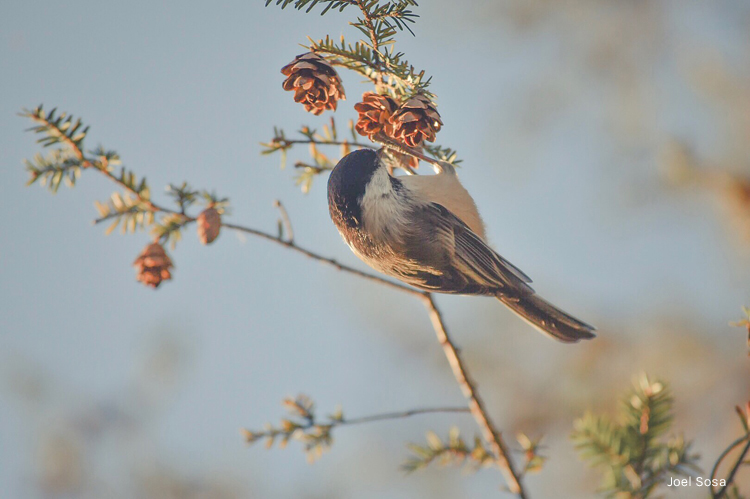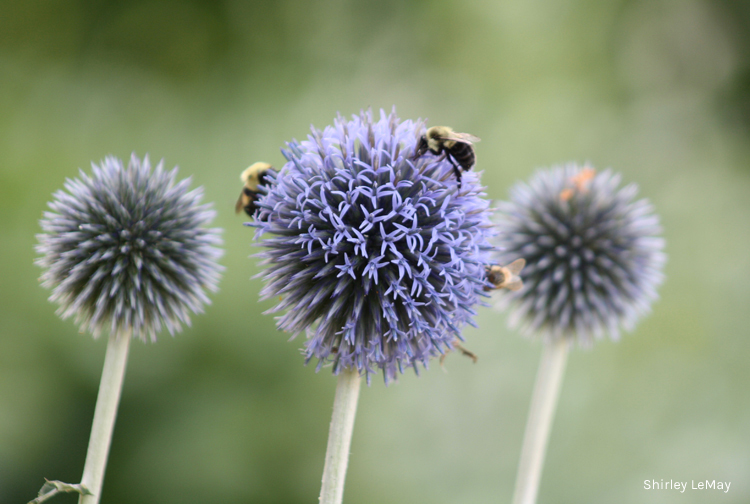Recently, the federal Endangered Species Act (ESA) has come under unprecedented threat. More than two dozen pieces of legislation and policy proposals designed to weaken the law have surfaced. Mass Audubon has been advocating in support of upholding the ESA, which has been in place for 45 years.
Here are just three species that rely on the Endangered Species Act for protection and what Mass Audubon is doing to ensure that they remain in Massachusetts for generations to come.
Kemps Ridley
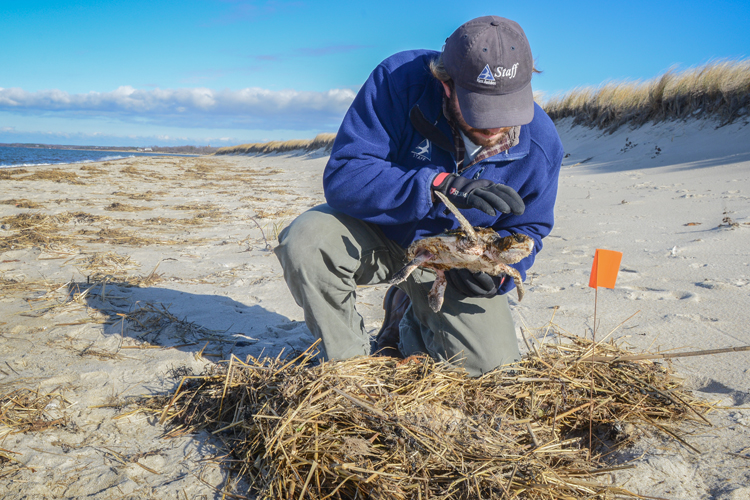
Rescuing a Kemps Ridley © Esther Horvath
Federal Status: Endangered
Most sea turtles are ectothermic, meaning that their body temperature is regulated by the temperature of the water around them. As winter approaches, the water temperature of Cape Cod Bay slowly drops, and sea turtles should make their way south to warmer tropical waters.
However, each year some juvenile turtles do not make the journey in time and become disoriented. By mid-November, the turtles are often too cold to eat, drink, or swim, and become “cold-stunned.” The turtles are often then pushed up onto the beach by strong winds, and left behind by the receding tide.
The smallest and most endangered sea turtle in the world, the Kemps Ridley is also the most common turtle to strand on bayside beaches each winter. Several hundred have stranded each winter on Cape Cod in recent years.
Since 1979, Wellfleet Bay staff and hundreds of volunteers have patrolled the beaches of Cape Cod, on the lookout for these cold-stunned turtles. Their efforts have resulted in the recovery of thousands of cold-stunned Kemps Ridleys over the past decade.
Rusty Patched Bumble Bee
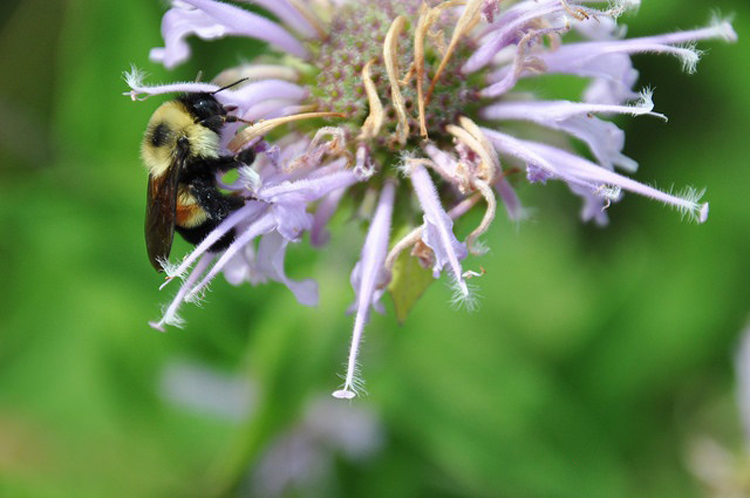
Rusty Patched Bumble Bee via Jill Utrup/USFWS
Federal Status: Threatened
As recently as 30 years ago, this bumblebee was commonly found in a variety of habitats including prairies, woodlands, marshes, and residential parks and gardens. Their drastic decline started in the mid-1990s, and today they are very rare. This important pollinator is the first bee species to ever be added to the federal endangered species list.
Mass Audubon is protecting and maintaining old field habitats and installing pollinator gardens to support these bees and many other pollinators that live in the Commonwealth. We’ve also supported proposed state legislation that would help improve pollinator health, along with pollinator-friendly land protection programs.
Piping Plovers
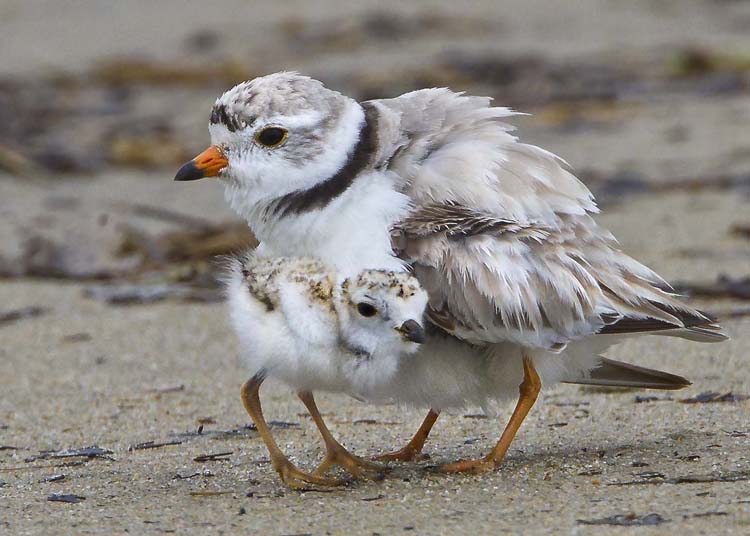
Piping Plovers © Sandy Selesky
Federal Status: Threatened
The dynamic coastal habitats of Massachusetts are the perfect fit for determined sparrow-sized, sand-colored Piping Plovers. Likely widespread on our coasts historically, Piping Plovers suffered an extreme decline in the early 20th century.
Thanks to the protection of the state and federal agencies, supportive beach communities, and initiatives like Mass Audubon’s Coastal Waterbird Program (CWP), the population has increased five-fold in Massachusetts since the mid-1980s.
CWP is dedicated to protecting coastal habitat for Piping Plovers and other shoreline-dependent birds. By erecting fencing to protect nesting areas, CWP ensures that Piping Plovers have the space to protect and raise their young. CWP also collects detailed data on nesting success and challenges in order to adapt beach management plans across the state.
By providing shorebird education and training opportunities to partners and students of conservation, CWP hopes to ensure the success of Piping Plovers and the enjoyment of our coastal habitats for generations to come.
How You Can Help
Contact your federal legislators and let them know you support the Endangered Species Act. Urge them to oppose any legislative attempts to weaken it that come before them for a vote.
Urge the federal government to continue protecting “threatened” species in the same way they protect endangered species. Waiting until a species becomes endangered increases the risk of extinction, as well as the level of effort and cost required to achieve species recovery. Submit comments >
Urge decision-makers to continue basing rare species protections on scientific data, not on potential economic impacts. Changing how these decisions are made could give corporations more leeway to develop protected habitats, and may make it easier for roads, pipelines, etc., including projects on public lands, to gain approvals despite impacts to endangered or threatened species. Submit comments >


